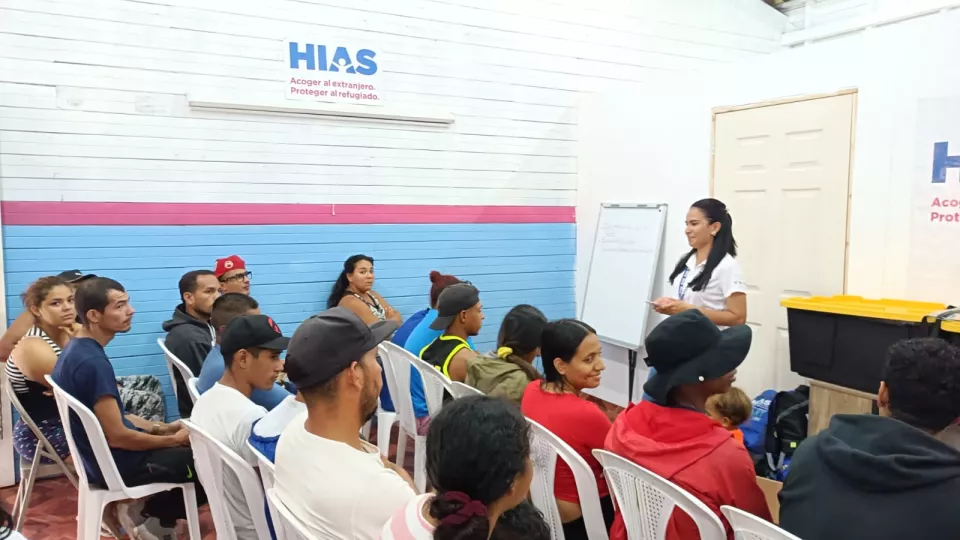
Upholding LGBTQIA+ Rights in Disaster Settings: A Call for Inclusive Humanitarian Action
In humanitarian and disaster response efforts, LGBTQIA+ individuals are among the most vulnerable yet least visible

In humanitarian and disaster response efforts, LGBTQIA+ individuals are among the most vulnerable yet least visible
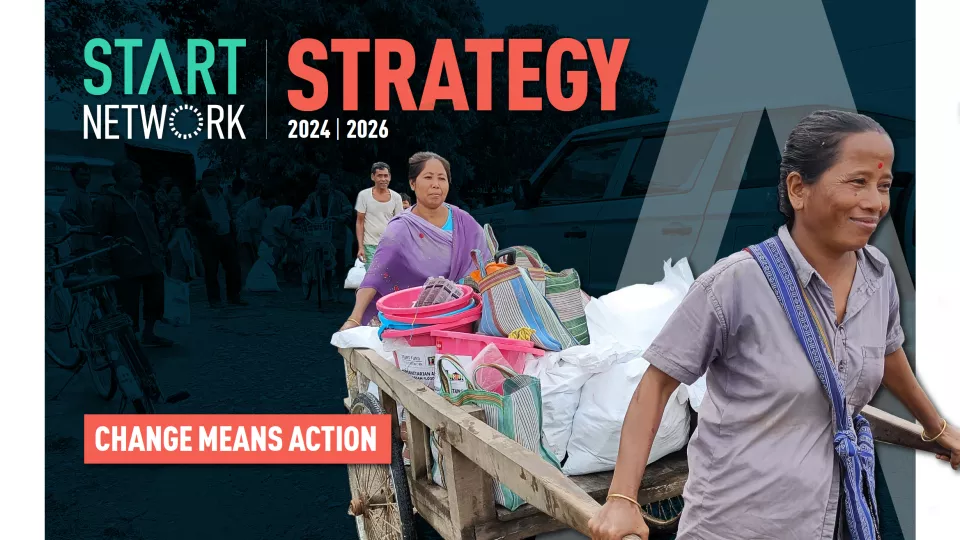
Change means action: Start Network's new 3-year strategy for 2024-2026 has just launched. It crystallises our value offer as a systems change organisation and sets out how we will address the challenges in the humanitarian sector.
Start Ready contributes to a more locally led and anticipatory humanitarian system by building Disaster Risk Financing systems through networks of members at the national level, ensuring these systems are governed and owned by national stakeholders, and encourages direct funding to flow to members. It is contributing to the shift in the way that humanitarian action is approached and delivered by offering a powerful alternative for collaborating, financing and operating.
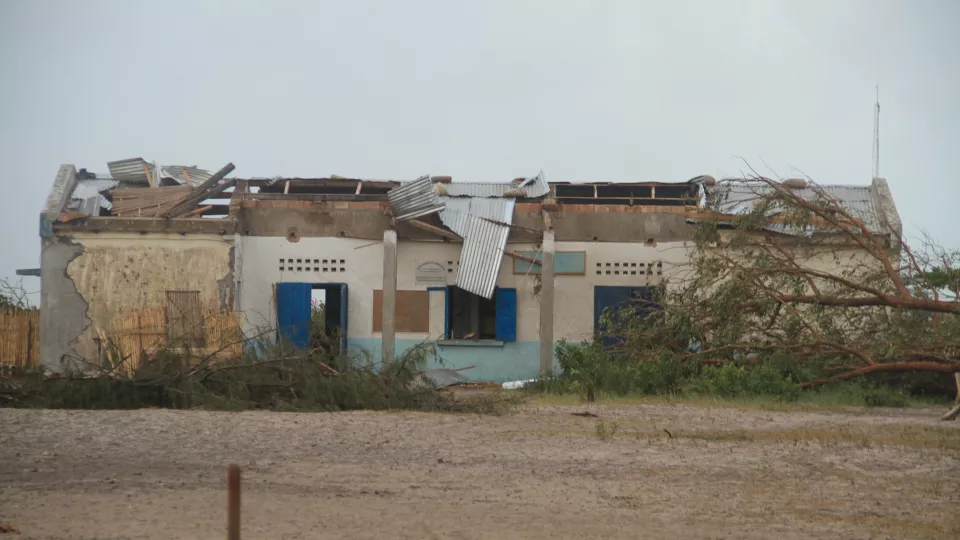
At the recent COP28 summit, the UK government allocated a substantial £100 million to tackle climate change, focusing on supporting at-risk communities - of which £6 million will be dedicated to protecting Senegal, Somalia, Madagascar and Zimbabwe from extreme drought and/or cyclone events through the ARC Replica mechanism.
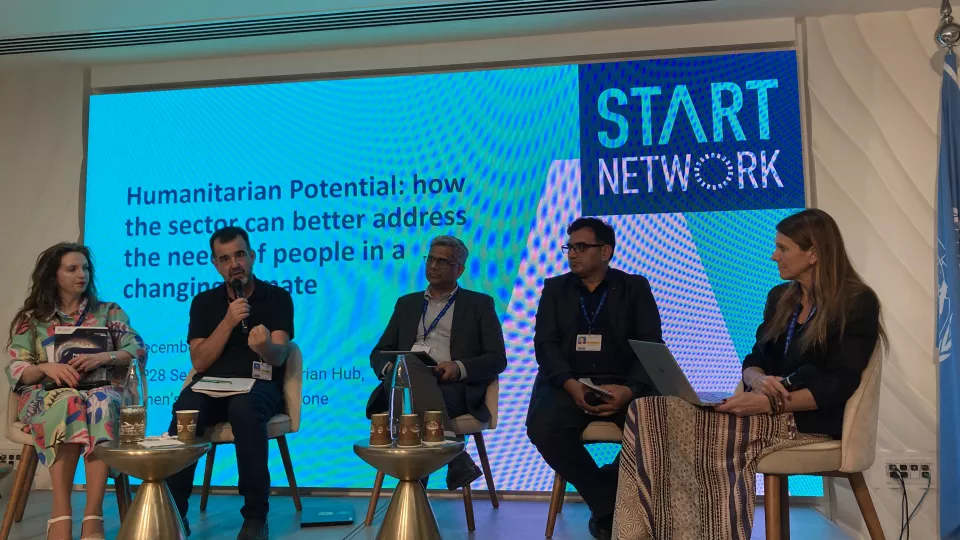
COP28, the much-anticipated climate change conference, has ended. The expectations for this global conference were immense and due to the complexity of the problems and the multifaceted sectors it convenes, there have been substantial criticism in terms of the reach and scope of the outcomes.
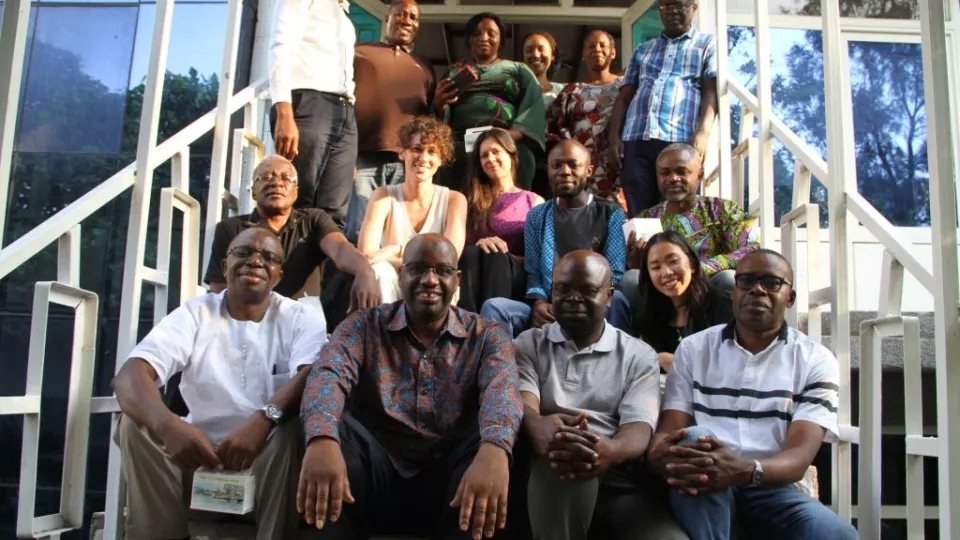
This blog is written from the perspective of someone working in an international humanitarian network, speaking to others in international humanitarian institutions.
The Start Network membership of more than 80 local, national, and international aid organisations is deeply worried by the current humanitarian crisis as a result of the conflict in Israel and the Occupied Palestinian Territory.
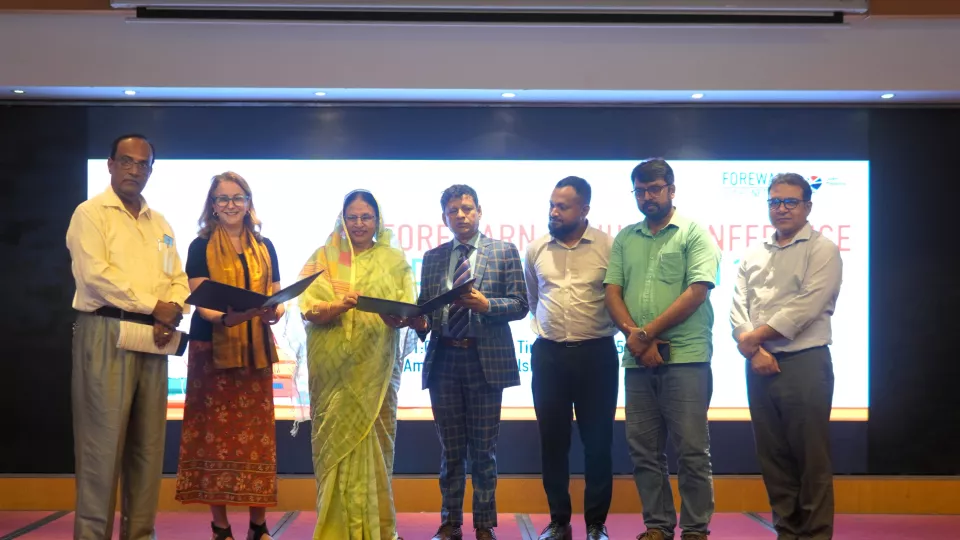
FOREWARN Bangladesh, in association with Open Mapping Hub - Asia Pacific, is running the first-ever disaster hackathon in Bangladesh. It has announced its top 8 teams from across public, private, and international universities.
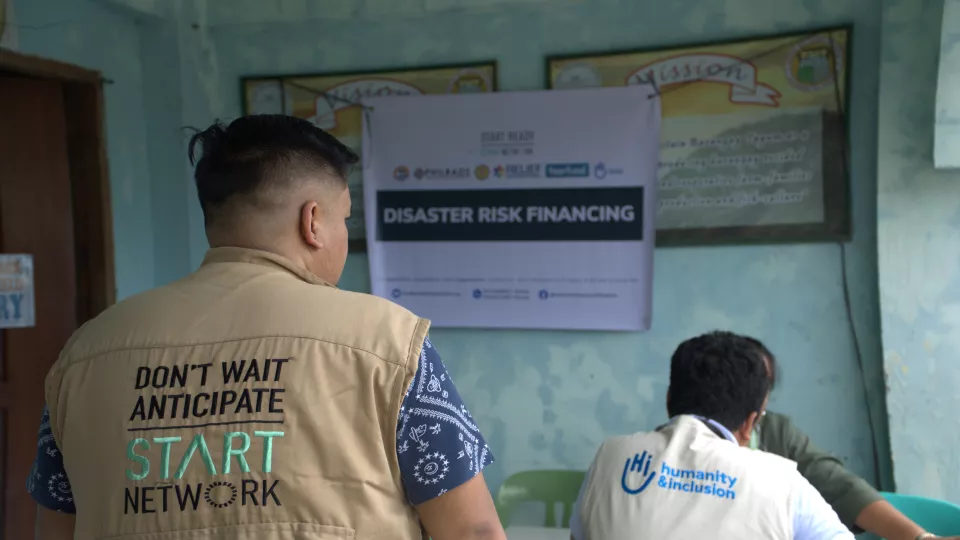
The Howden Group Foundation has pledged £400,000 to Start Network in line with its commitment to support scalable and sustainable solutions that build the resilience of disproportionately affected communities to climate change around the world.
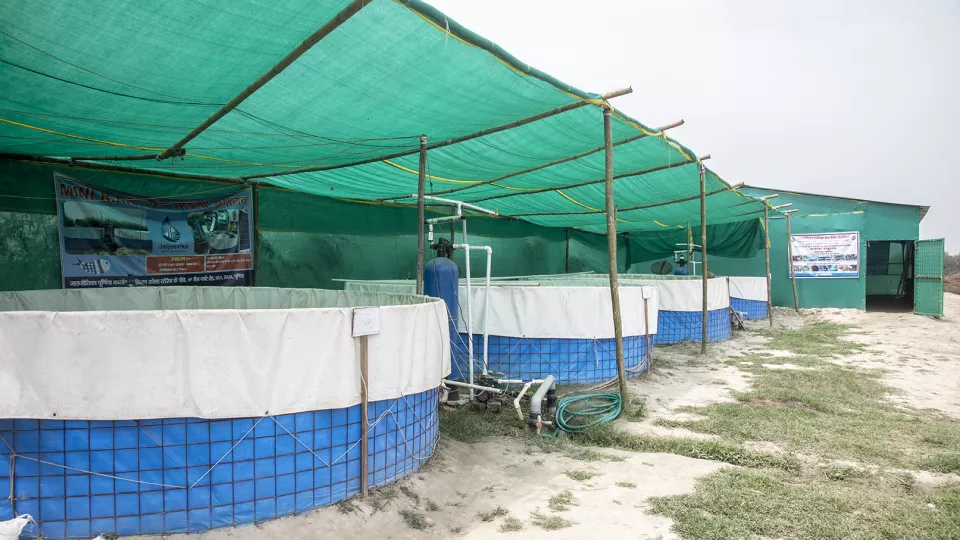
A locally led humanitarian system is only possible through innovating, experimenting and testing different ways of working.